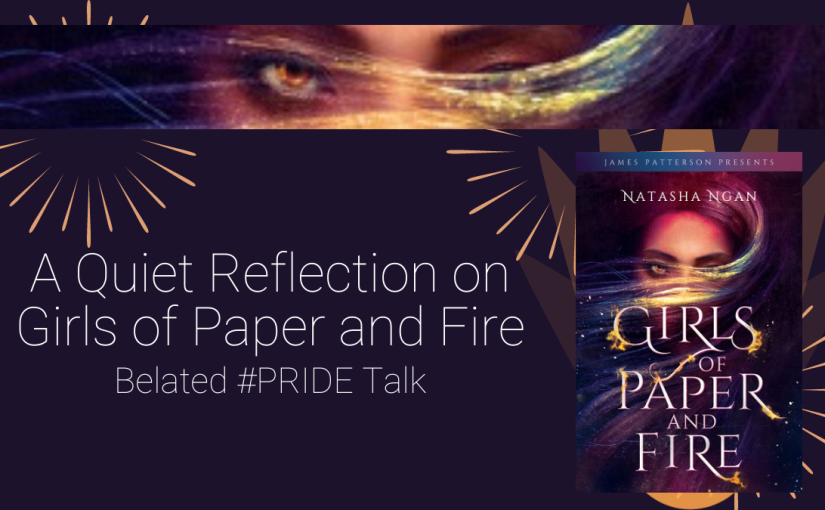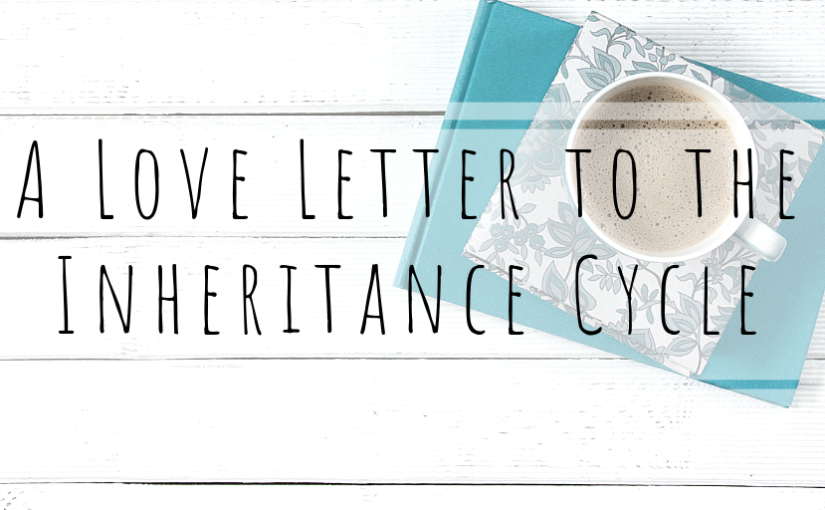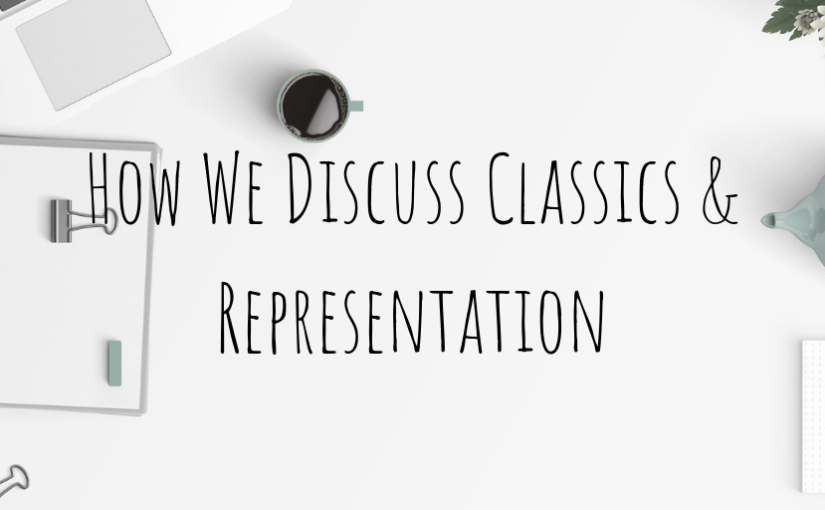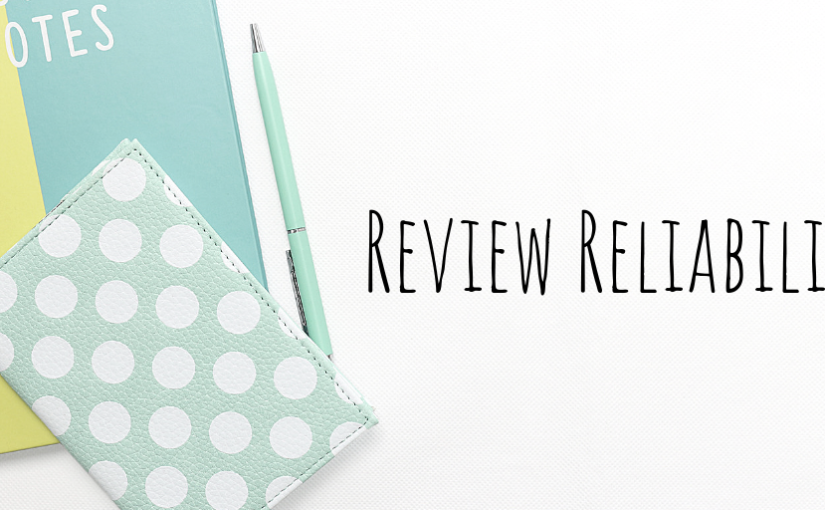I think one of the pleasures of reading YA as an adult is being able to see your younger self in a book and know that even if you didn’t get to experience that as a teen, there are teens reading those books now that get to have the experience of seeing themselves in mainstream literature.
Instead of disappearing, she makes me feel reappeared. Reimagined. Her touch shapes me, draws out the boldness that had been hiding in my core.
Girls of Paper and Fire was an apt book to read during Pride month. I’ve been out (on the internet, at least) since 2013. I’ve been out officially to my whole family for a year and some well-earned change. I’ve always, to an extent, understood my attraction to girls and boys, and as my understanding of gender and sexuality clicked into place and expanded, I came to realize that my attractions didn’t rely on specifics from either. I knew this, but before I came out I always just assumed my attractions were just the symptom of being a straight girl that was super comfortable with her sexuality. (Despite several same-sex encounters that should have told me otherwise, but I clung very hard to the idea of being ‘normal’ and ‘normal’ meant that I was straight, no matter how many girl friends I’d kissed or whose hands I liked holding.)
As a kid and teen, I didn’t read books with queer girls. This is not to say that no books with queer girls existed in the late 90’s and early 2000’s; I just wasn’t reading them. There’s no blame to place there; the people buying my books probably didn’t consider that I would be interested, and I was definitely not brave enough as a child to ask, let alone consider they were even a thing to begin with.
Reading about Lei and her budding attractions resonated with me in a way that I didn’t expect. I knew going into the book that this featured a sapphic romance, but it didn’t lessen the connection I made between Lei realizing her interest in Wren was more than admiration. I remember being that girl, the one that was enamored with the way other girls looked, the way they spoke, how fucking mesmerizing they were and how close I wanted to be to them. I remember when it settled in my core that I didn’t just admire other girls, that I didn’t just think other girls were merely pretty because hello I have eyes and girls are just pretty, but that I actually wanted to be with other girls in the same way I wanted to be with boys. I realized almost coldly that I was different and definitely not the ‘normal’ I had been told I should be, and that was terrifying.
She looks so astonishing it’s almost unreal, as though she’d slipped out of a painting perfectly formed, a thing of beauty, of art—of bright, vivid life in this cold, still place.
I don’t know if reading queer lit during this time would have made me feel braver, or would have made me come out earlier. I do think it would have made me see, sooner, that the way I felt about girls was normal, as normal as wanting boys, as normal as loving boys. I think it would have made me see it as acceptable. Natural. I can still feel the sick, overtly horrified anxiety when I sat down with my grandmother and told her not only did I like girls, but I was dating two (polyamory for the win.) I still occasionally feel the fear I did when my father outright asked me if I was dating a girl before I’d intended on coming out to him, because no matter how much you know your parents love you, being queer is enough for some for forget that you exist, to deny that they’ve raised you, to refuse to accept that you are the way that you are because it’s abnormal and wrong.
My father and I, and my grandmother and I, still have the strongest relationship I could ask for out of the people that did the most to raise me. A lot of young queer folk don’t have that; I’m still eternally thankful.
I don’t know if books like this would have made any of that easier. What I do know, is that teens in 2019 are reading this book and seeing themselves, and maybe it’s making things easier for them. Maybe it’s showing them that in the face of uncertainty, and before a world of people that tell them they’re wrong, that they see they’re worthy and deserving of acceptance and love, and that’s enough for this tired, quarter-century queer.







